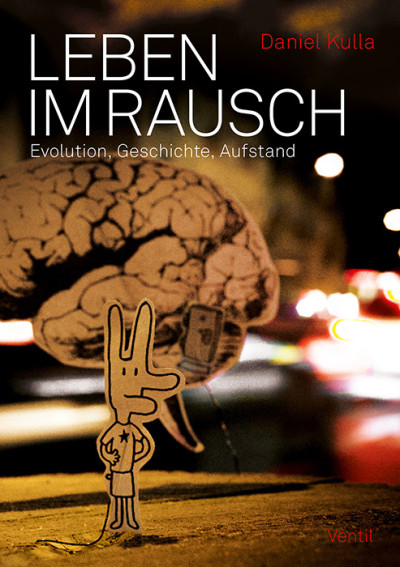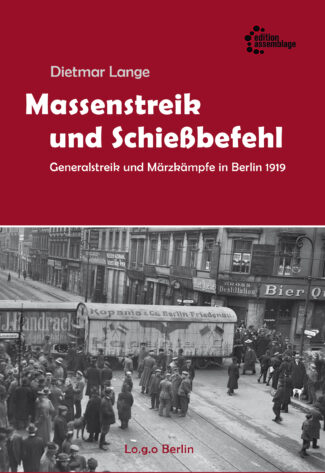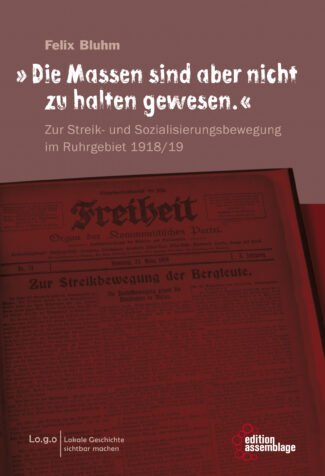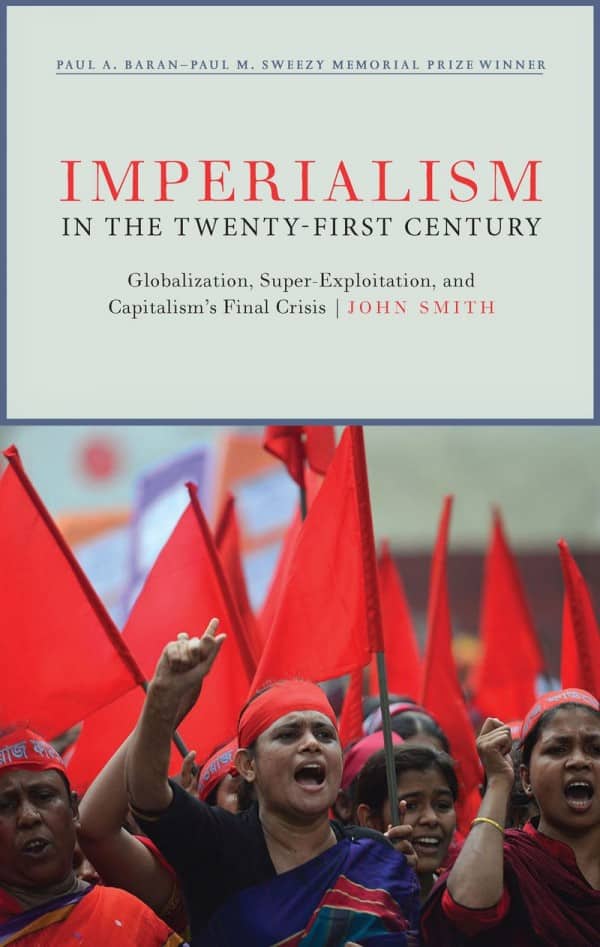About last night in Paraguay – and the days and years before…
April 1st, 2017Guest posting by Magui López
The debate on the re-election in Paraguay has existed since the time of the adoption of article 229 of the constitution in 1992, which (summed up) said “the President of the Republic and the Vice-President (… ) may not be re-elected in any case”. In fact, the debate existed already when that article was approved. It can be said that after 35 years of the Stroessner dictatorship (1954-1989) this was the legal clause to avoid the perpetuation of the same person in the executive branch. [A separate issue is that, although it prevents one person from sticking to the chair, it doesn’t avoid the rule of a party for more than 60 years, for example.]
This constitutional article now rules out Lugo (although he was dismissed a year before the end of its government), rules out Cartes (because it is the current president) and rules out everyone who has been in the seat before, the Presidential and the Vice Presidential.
There was no Paraguayan president who didn’t flirt with the idea of re-election, who didn’t make contradictory statements on the matter or who didn’t talk about it at some point.
The currently proposed amendment (that’s causing all the rage and fire) has been considered since last year, in various forms with different steps and legal procedures.
Basically what happened between March 28th and today, can be summarized as follows:



The Constitution is often a territory of dispute and interpretation. That’s what happened in 2012, it is not surprising that it’s happening again now, and it’s not a monopoly of Paraguay. Laws are not indisputable truths, they are effected in contexts of power struggles, interpreted in contexts of power struggles, amended in contexts of power struggles – and those struggles often benefit one party over others, some groups and organizations over others, etc.
It is important to note how support and alliances fluctuated and Lugo ended up smiling in a picture with Cartes while many of his followers justify the police repression because the protests was called for by some of those who carried out the coup against Lugo (but note that there are others who also executed the coup and are now with Lugo looking for re-election).
The next thing is to understand that the constant scandals of fraud and corruption along with fundamental processes of marginalisation and political and economic exclusion have created a social climate which, combined with the proper “permission and rally call” of leaders to their supporters, may result in a burning Congress. [A different topic is that I don’t think it’s something so terrible to deliver a shock like this to the political elite in Paraguay].
None of all this benefits the people, reduces poverty or modifies the power relations. On both sides of the current amendment conflict there are “progres”, “right wing”, “center-right” and “pseudo-leftist” people. I am with those who believe that the re-election will only make things worse since it has been shown in 2012 that it’s not the “popular mandate” what establishes and maintains a government, and it shows now that neither is it the law that delimits it.
This section from the conclusions of my Ph. D. thesis still applies: “The effort to continue to accept that what Paraguay is transitioning into is a democracy has led both parties and leaders [Colorado and Liberal] as well as movements and intellectuals to force historical interpretations and to repeat and persistently deny institutional destabilization, violations of political rights and the electoral results, illegal interpretations of the Law, unconstitutional use of the Constitution, among others. I say, not only was a very reduced concept of democracy adopted, also, in order to insist on its enforcement, periodic ruptures of even the minimum requirements had to be downplayed”.

















Leave a Reply